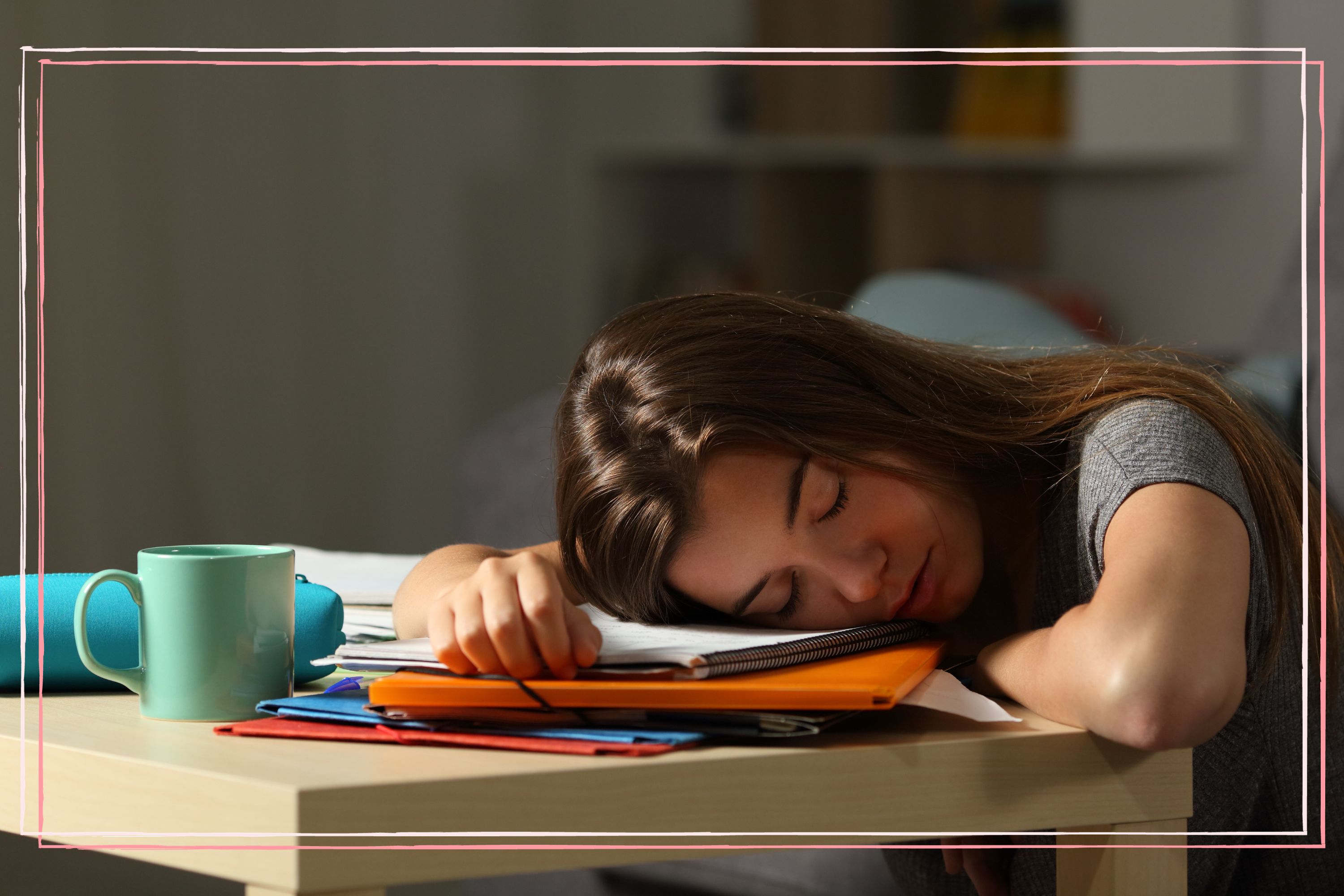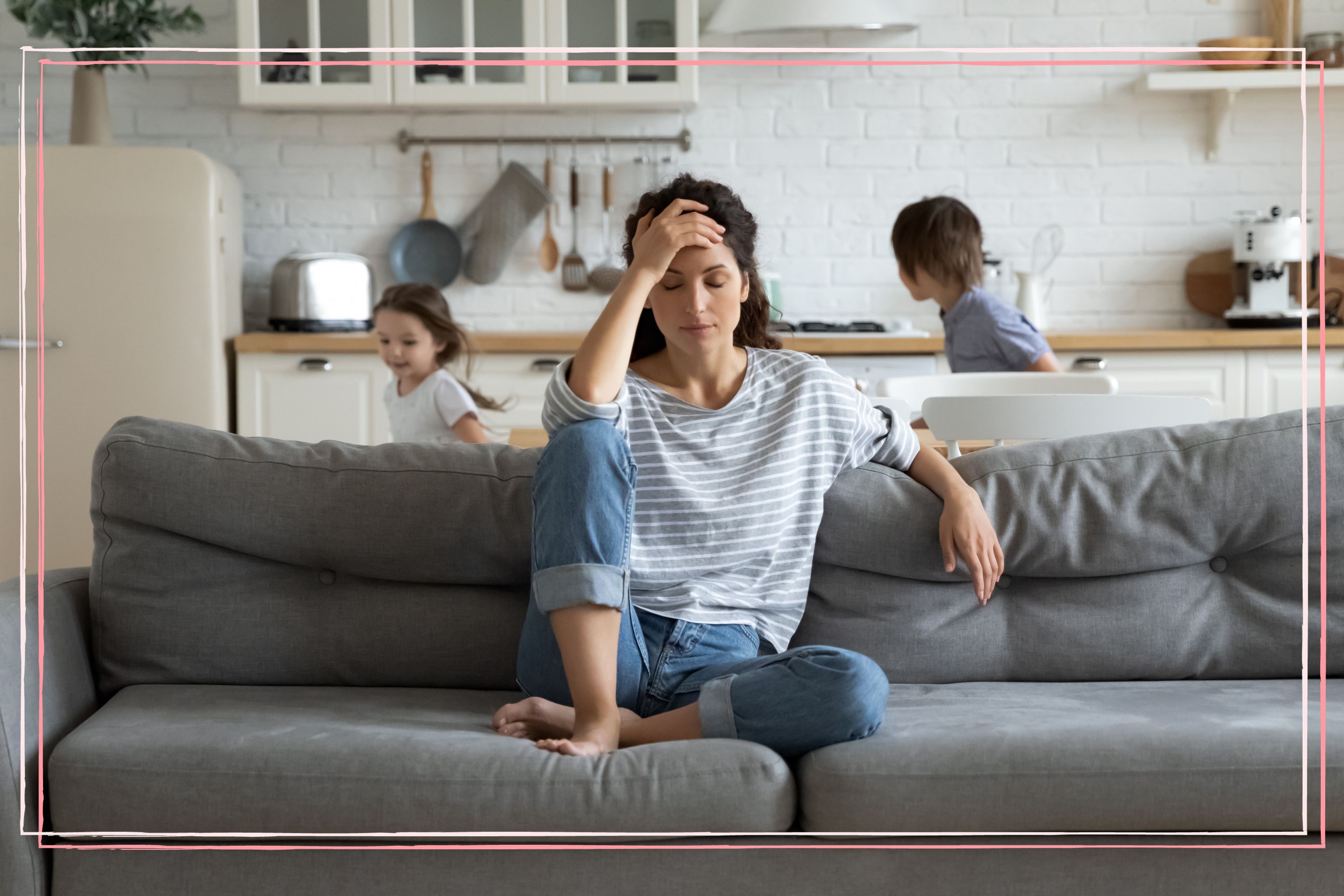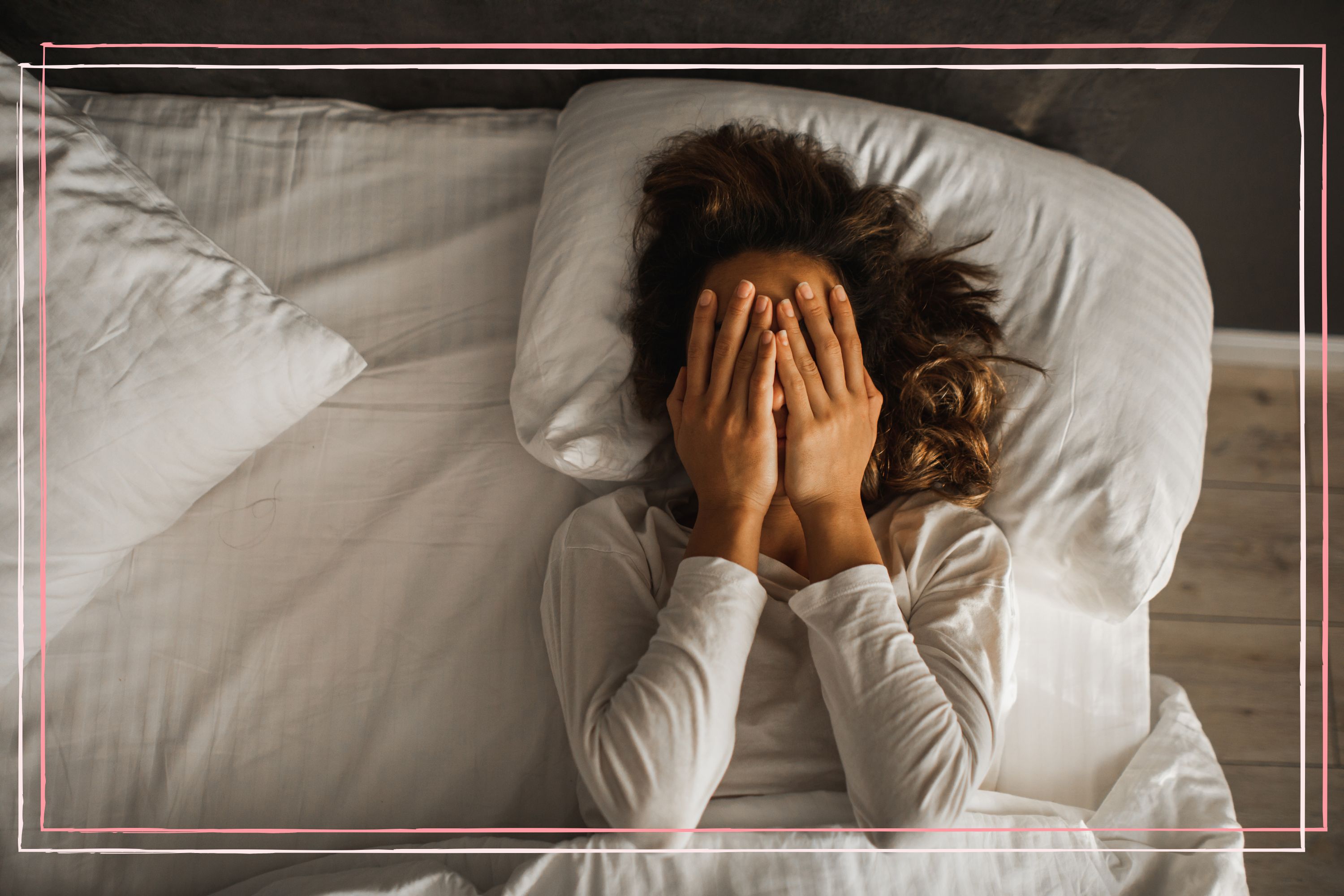How to deal with lack of sleep as a new parent: 10 tips to help you survive when your newborn needs you through the night
We've asked the experts for their ideas on battling exhaustion if you're dealing with lack of sleep as a new parent


If you're a new parent wondering how to deal with lack of sleep then trust us, you're not alone. We've turned to the experts to find out how you can cope when your baby is keeping you up through the night.
New parents will know that lack of sleep is part of the job description, especially in the first few months. Newborn babies will sleep little and often through the day and night, waking when they need feeding or, as they get a bit older, teething, and sleep regression might be to blame. There's no point worrying about how much sleep you need because, to be honest, you won't be getting enough of it, and that's totally normal. But that doesn't mean it isn't hard to cope sometimes.
As well as searching for ways to look less tired, you're probably wondering what you can do to feel fresh, given that a full eight hours is now off the table. Midwife Marie Louise, aka The Modern Midwife, told GoodtoKnow, "Not much can prepare you for the prolonged periods of chaotic sleep that the vast majority of parents are set to experience in early parenthood (and beyond). Whilst night feeds can be a beautiful part of being a new parent that many mums do cherish, they can often be mentally challenging or even relentless."
That's why we've spoken to Marie Louise and other experts to find out some of the ways new parents can deal with the inevitable lack of sleep that comes with having a baby.
10 ways to help deal with lack of sleep after having a baby
1. Communication is key
As many parents will know, communication is key. When you're dealing with lack of sleep and the additional stresses that come with raising a tiny human, things can quickly become overwhelming. If you're finding things tough, make sure you talk to someone about how you're feeling – it might help you feel better.
Marie Louise explains, "There can be times we are so tired and, although we love being a parent, we need the open forum to have a good cry and quite frankly, talk about how tired we feel. Ensure you have someone who will hold the space and listen – this could be a partner, friend, even an online group. There are a variety of parenting platforms, which can provide a space to talk. A good offload can ease the weight on our shoulders."
2. Prep everything you may need before bed
Getting your nighttime routine nailed down can help you cope better with frequent wake-ups. Some things you could do to help streamline the process include laying out everything you need for bottle or breastfeeding before you head off to bed, or, as Marie Louise suggests, packing a nighttime cady each evening and keeping it next to the crib. Bottle warmers, a bottle steriliser and your best nursing pillow are just a few of the things you could lay out ready.
Parenting advice, hot topics, best buys and family finance tips delivered straight to your inbox.
Get your sleep aids at the ready too, so you can use them to help your little one get back to sleep after they wake in the night.
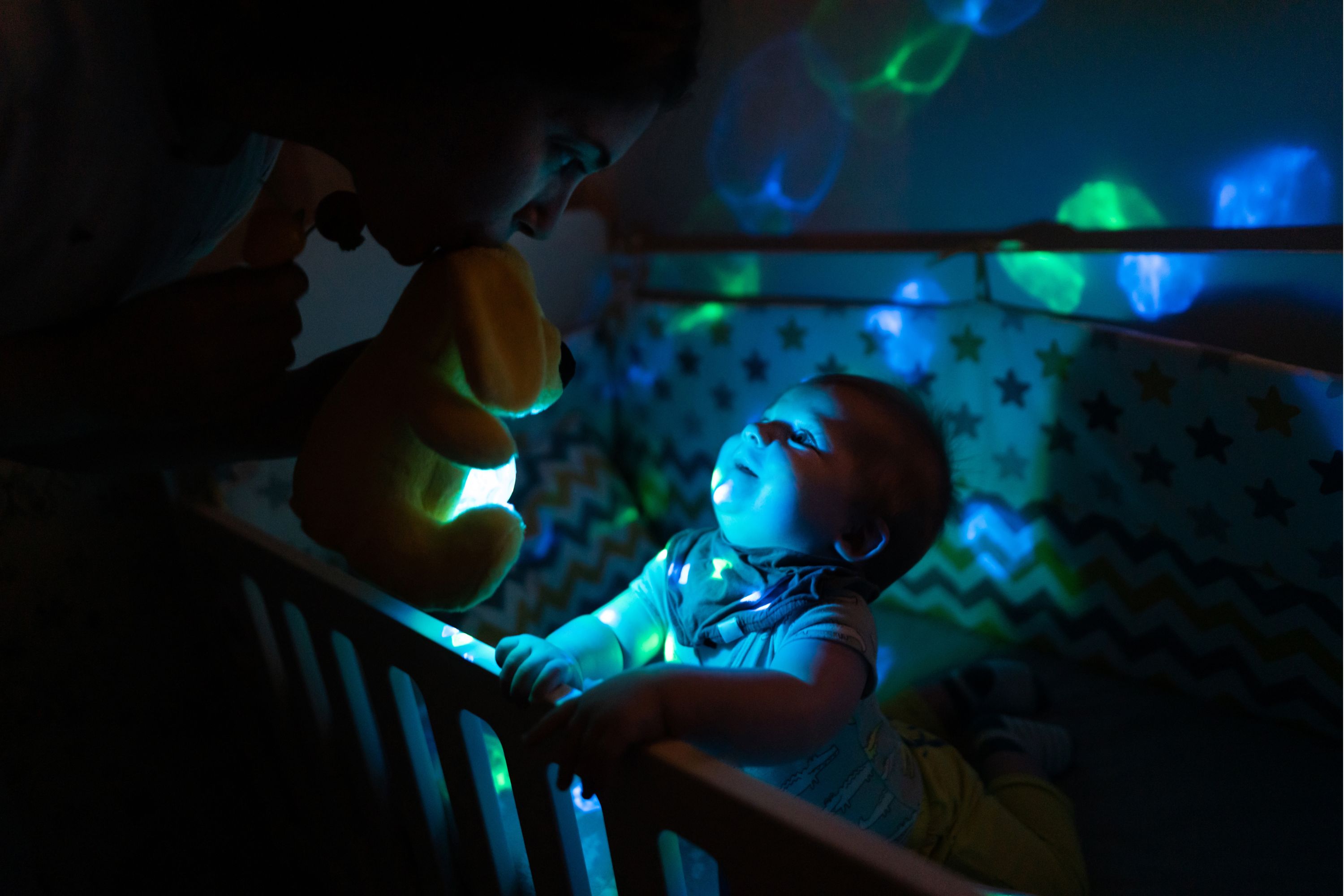
3. Control what you can
If you're feeling like a slave to your baby's sleep schedule, dealing with the lack of control over your own rest can be difficult for new parents. Theresa Schnorbach, expert at sleep company Emma, explains, "Simply being aware and recognising what you can effectively control can help in overcoming some of the challenges associated with the sleep deprivation from newborn parenthood. Creating good conditions for sleep by paying attention to factors like light, noise and temperature are all things you can look to control to help you get better rest."
4. Atmosphere is everything
And when it comes to taking control over your sleeping enviroment, Marie Louise tells us "Atmosphere is everything and sleepiness is one mood you don’t want to ruin." By keeping light levels low and taking other measures to make your bedroom feel relaxing, you can help yourself and your baby drift off better.
Marie Louise adds, "If your little one is not quite ready for sleep as early as you would like, set your room up to be a calming environment through lighting sound and scent. You can cuddle up with your baby and comfort them to sleep - even if you are not both asleep - and this calm environment will likely be soothing for you. A baby suffering with colic may be very unsettled of an evening, and low, calm lighting and white noise can help here too."
She recommends the SnuzCloud Baby Sleep Aid to help with this.
SnuzCloud Baby Sleep Aid - £29.99 at John Lewis
Rated as one of the best baby sleep aids in GoodtoKnow's roundup, this portable option is a great help in soothing your baby to sleep. It has four soothing sounds and two light options, to help you create the environment that's right for your baby.
We asked Suzy Selwyn, who is mum to Reuben, to test the product, and she said: "I love that it has multiple functions with sound - the white noise soothes him when he’s crying and the rainforest distracts him when I am changing his nappy."
5. Practise self care
As a new parent, you probably don't feel you have much time for self care. But taking the odd moment to look after yourself is important for your mental and physical health, and this not only benefits your own wellbeing, but that of your children too. Try and fit some of these self care ideas into your routine - they're all free and many of them take just a few minutes from the comfort of your own home.
And when it comes to self care, Marie Louise says, "This is not just a strap line. The early days (and often beyond) are both mentally and physically exhausting, particularly alongside post-natal recovery. Nourish yourself in the mornings with delicious breakfasts and foods that give you energy, enjoy a walk in the fresh air, take a bath whilst your little one naps. It is so important you look after yourself and nurture the nurturer."
6. Adjust your sleep schedule
"Your baby will change your life in many ways, including your sleep pattern; it’s all about hacking your new sleep schedule," sleep expert Theresa tells us. "Some studies show that newborns sleep between 12 and 17 hours a day, so, the good news is that it’s certainly possible for parents to find time to sleep - just not always in one uninterrupted stretch."
We realise it's not always possible to sleep when your baby sleeps - if you're out and about, have other tasks to be getting on with or aren't able to drift off at a moment's notice then that mantra's not going to work - but trying to squeeze in a nap when you can might be helpful.
A study published in the scientific journal Sleep found that positive mood and alertness lasted up to four hours post-nap regardless of the time napped for, but that the nap length that had "the best trade-off between practicality and benefit" was 30 minutes. If you can find the time in your day to get some shut eye, this tip might help you cope with the lack of sleep you're getting during the night.
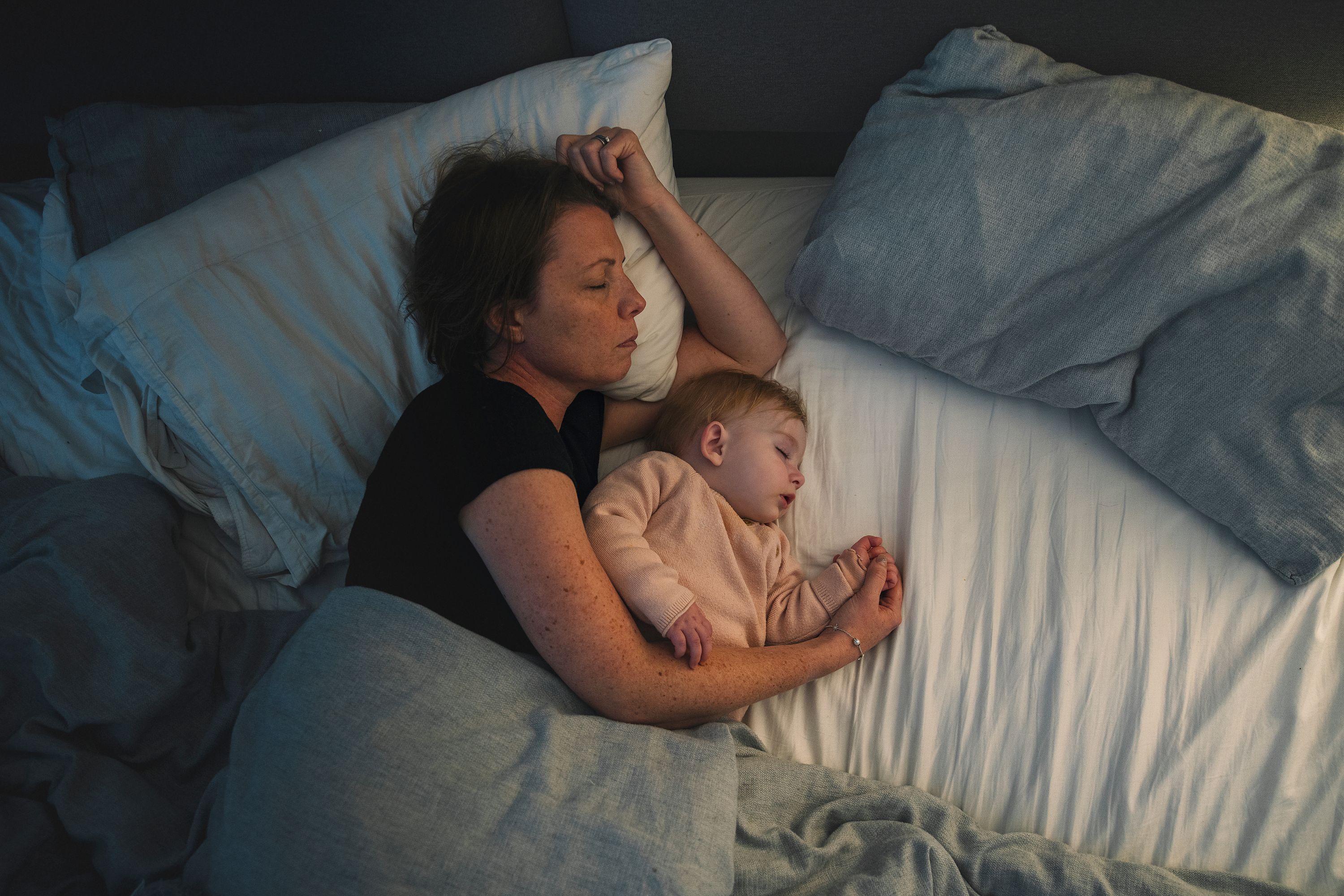
7. Learn about your baby's needs
Your baby's sleep schedule will change as they grow, and while every baby is different and you can't predict exactly how your their sleep pattern will develop, doing plenty of research into what stage comes next can help you cope better when things change.
Theresa says that considering how your baby’s sleep schedule may develop will also help to give you some indication into how your own sleep schedule is also likely to change. "Having a sense of what to expect in the coming months can help to prevent feelings of being overwhelmed," she says.
Here on GoodtoKnow, we've spoken to the experts about the different stages of baby sleep, to help you better understand your baby's needs. Check our articles below:
- How to get a baby to sleep
- A newborn sleep schedule - is it needed?
- When do babies sleep through the night?
- Baby waking at 5am: The expert reasons why and how to stop it
- 10 month sleep regression causes and signs
8. Avoid making early plans
If you've been kept up all night by your newborn, then chances are you're going to struggle to make any commitments you have early on the next day.
Of course, it's not always possible to spend the morning in bed - if you're a parent who's back at work or have older children that need looking after too, for example. But try to avoid adding to your morning schedule where you don't need to, and take advantage of those weekends when you've got nothing on.
Midwife Marie Louise says, "In those early days, keep social expectations and early morning responsibilities at a low/non-existent if possible. After a tiresome night, there can be great relief found in a plan-free morning, you can cuddle up on the sofa and take it slow. If you have other children try to build in support where possible, or get bits ready the night before to take the pressure off the morning."
9. Keep comfort and safety in mind
Marie Louise also explains that ensuring your baby is comfortable and safe will help you feel more relaxed and able to drift off to sleep when you get the opportunity. She says, "The SnüzPod4 is a great option for those wanting to be close to their baby but ensuring they have a separate sleep space."
Meanwhile, prioritising your own comfort is helpful too. Marie Louise adds, "Take the time to make sure you are comfortable and safe to feed – position is everything. You may have some postnatal physical pains and aches, ensure you have a set up which supports any of these through the night."
SnüzPod 4 Bedside Crib - £169.95 at John Lewis
Featuring a lightweight, removable bassinet and dual-view breathable mesh sides, the SnuzPod 4 allows you to comfort, feed and sleep close to your baby by attaching to your bed. Plus, it featured in GoodtoKnow's round-up of the best bedside cribs.
For those wondering if the SnuzPod4 is the safest bedside cot yet, GoodtoKnow's Editor in Chief and mum to Freddie, Anna Bailey, has weighed in on the answer – and she gave it five stars. She said, "I love that you can rock the SnuzPod4. We’ve done this a few times, and it’s had the desired effect by helping Freddie nod off when she was on the very edge of falling asleep. We’ve also used it when she looked like she was starting to stir, and it gave us just a few more minutes of peace."
10. Reach out for help
Becoming a parent is a huge life change, and it's important that parents can ask for help from others when they need it. Bringing up a human is a huge task and, as they say, it takes a village! Reaching out to the people close to you when you're feeling overwhelmed with exhaustion can help you to cope with a lack of sleep.
Mum of three Rachel Porter, from Mum&You, tells us about her experience: "Many new mums take their full maternity leave from work but some, like myself, wanted to go back to work sooner - neither decision is wrong and each mum will feel differently. I am extremely fortunate to work for Mum&You, a company that is very empathetic towards the unique challenges faced by mums, and it's this supportive network of other working mums that has helped me the most. When you feel supported as a mum and reassured that you’re doing things right, then it can help you feel more in control and your calmness can rub off on your baby."
Rachel adds, "I found that it can really reduce the pressure if you can reach out to friends or family for an extra hand with the washing, cleaning or shopping and, in my experience, other people feel useful when they can lend a hand and they liked to be asked."
When to see a doctor
Most parents will experience tiredness and lack of sleep after having a baby, but the NHS warns that if you can't sleep at night even when your baby is asleep, or you feel down, hopeless or unable to enjoy the things you normally would, these could be signs of postnatal depression.
If you're worried you might be suffering from postnatal depression, you should make an appointment with your GP or speak to a health visitor as soon as possible. You can find out more about postnatal depression on the NHS website.
Midwife Mary Louise offers some final advice to parents who are struggling to cope with lack of sleep after having a baby: "Remember the days are long, but the years are short. How your baby sleeps in the early days is by no means a reflection of how they will sleep as a toddler, as a child or even the following week. Newborns and babies ebb and flow in their sleeping patterns. So, sleep when the going is good and revert to the above when the going gets tough."
We spoke to the following experts:
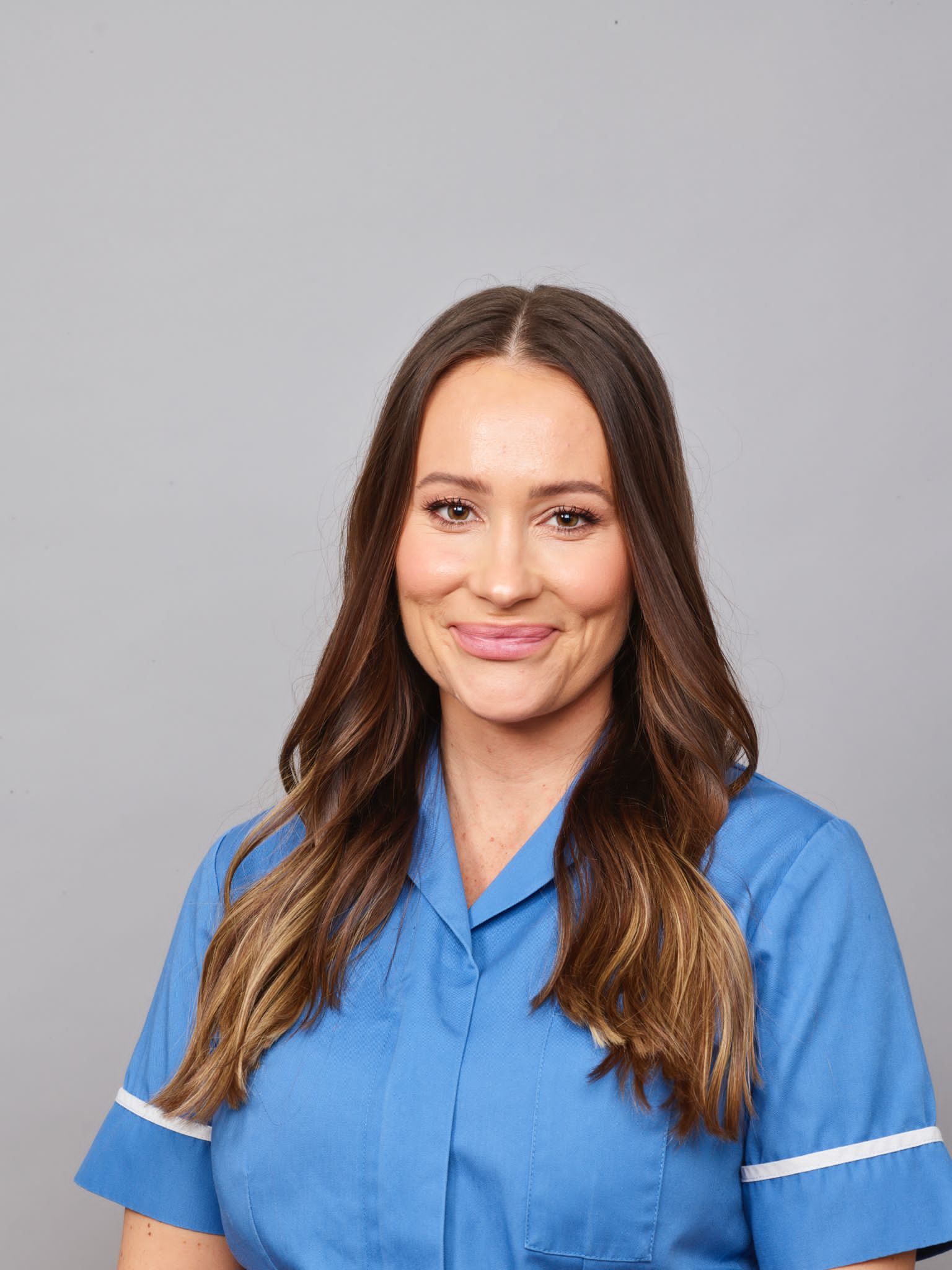
Marie Louise is an experienced midwife of more than 12 years and a mum of two. She is dedicated to supporting parents throughout their journey through her online courses and books, and aims to simplify clinical jargon and break down scientific data in a more digestible friendly way.

Theresa Schnorbach is a psychologist and sleep scientist, specialized in Clinical Psychology and Cognitive Neuropsychology. She has completed a post-graduate training in Cognitive Behavioural Therapy for Insomnia (CBT-I) with the German Sleep Society (Deutsche Gesellschaft für Schlafforschung und Schlafmedizin (DGSM)), endorsed by the European Research Society.
Continue reading

Ellie is GoodtoKnow’s Family News Editor and covers all the latest trends in the parenting world - from relationship advice and baby names to wellbeing and self-care ideas for busy mums. Ellie is also an NCTJ-qualified journalist and has a distinction in MA Magazine Journalism from Nottingham Trent University and a first-class degree in Journalism from Cardiff University. Previously, Ellie has worked with BBC Good Food, The Big Issue, and the Nottingham Post, as well as freelancing as an arts and entertainment writer alongside her studies. When she’s not got her nose in a book, you’ll probably find Ellie jogging around her local park, indulging in an insta-worthy restaurant, or watching Netflix’s newest true crime documentary.


